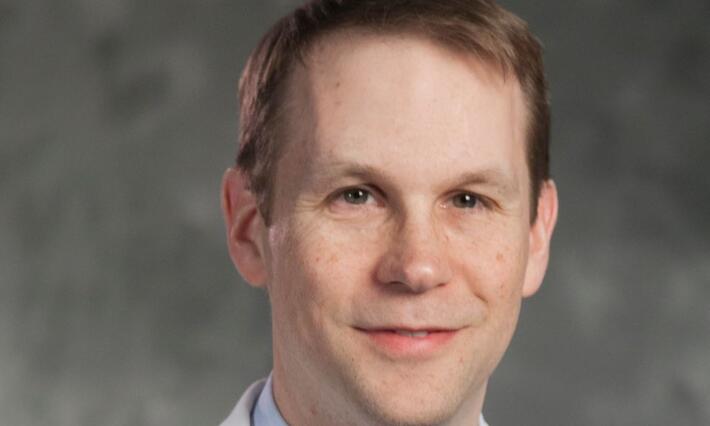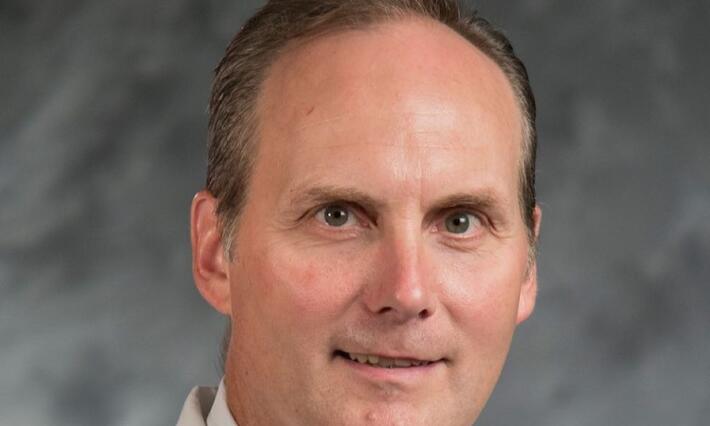Daniel Nussbaum, MD, assistant professor, Department of Surgery, Division of Surgical Oncology, is one of 12 young surgeons nationwide to be selected by the National Institutes of Health/National Cancer Institute for the 2023 Early-Stage Surgeon Scientist Program (ESSP).
This pilot program brings together surgeon scientists from across the U.S.; building cohorts that will be trained together for up to three years per cohort.
ESSP participants are funded through either an administrative supplement to the grantee’s NCI-designated Cancer Center Support Grant (P30) (of which Duke Cancer Institute is a recipient) or Comprehensive Partnerships to Advance Cancer Health Equity (CPACHE; U54) to one of the institutions serving underserved health disparity populations and underrepresented students.
Nussbaum is also one of four faculty members at Duke to have been selected to receive a 2023 Physician-Scientist “Strong Start” award.
According to the Duke University School of Medicine, the awards program, funded with a gift from the Nanaline H. Duke Fund, supports promising early-career physician-scientists at Duke as they develop independent research programs. Each recipient will receive $75,000 annually for three years to support their research programs.
The Strong Start program is administered by the School of Medicine’s Office for Physician-Scientist Development (OPSD) and integrates with other physician-scientist development programs including the Medical Scientist Training Program (MD-PhD students) and the Lefkowitz Society (clinical residents and fellows).
Nussbaum, who's a member of the Lefkowitz Society, has been an assistant professor of Surgery and a Duke Cancer Institute member since 2021. Previous to Duke, he completed his Surgical Oncology Fellowship at Memorial Sloan-Kettering Cancer Center (2019 - 2021) and a General Surgery Residency at Duke (2011-2019). He earned his MD from the University of Southern California in 2011.
The "Strong Start" award will support his research project: "Deciphering Mechanisms of Hepatic Immunity Governing Pancreatic Cancer Liver Metastasis." Nussbaum will be working under the joint mentorship of Peter Allen, MD, and H. Kim Lyerly, MD, and with collaborators/co-mentors Erika Crosby, PhD, Zachary Hartman, PhD, Joshua Snyder, PhD, and Christopher Counter, PhD.



